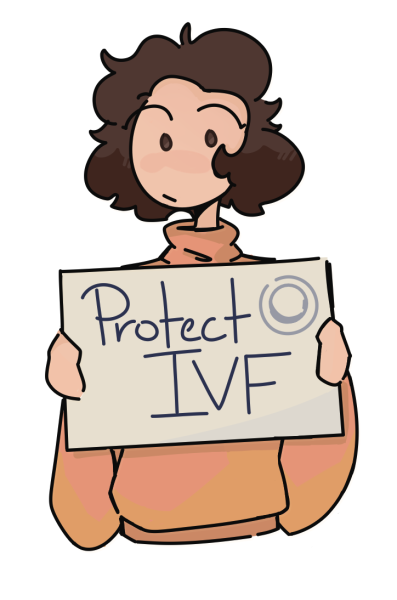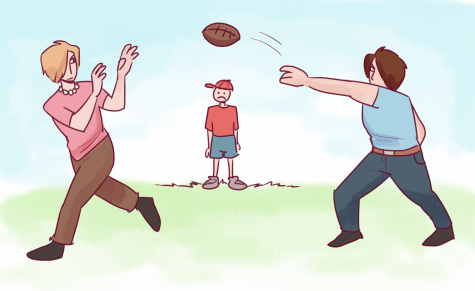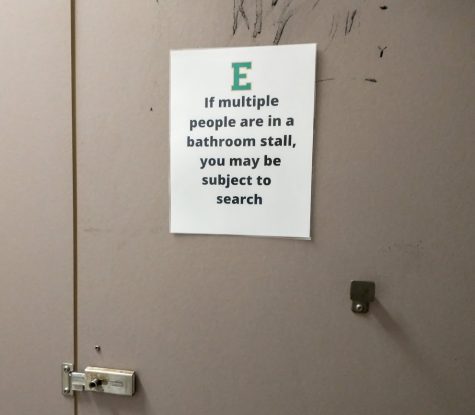The Destructive Effects of Deception
Pinocchio
January 26, 2017
The average American lies 11 times per week. To most of us, lying may seem easier than telling the truth. Telling fibs allows us to avoid awkward situations and spare our friends’ feelings, but telling minor lies has been proven to desensitize the brain, making more damaging lies easier to tell, ultimately leading to the destruction of meaningful connections in our lives.
Research suggests that lying can have unhealthy physical side effects. Researchers at the University of Notre Dame followed 110 people over a period of ten weeks, and half of the participants were asked to stop lying for the length of the study while the other participants were not. Those who were able to reduce the number of fibs they told by three had four fewer mental health complaints (such as feeling tense) and three fewer physical health complaints (such as headaches).
Even though there are times when telling the truth is more important than others, dishonesty also damages relationships. For example, lying to save yourself from harm is much different than lying to a loved one or yourself. While our we want to distance ourselves from anybody who doesn’t have our best interests in mind, our relationship with ourselves is our most inviolable relationship. Lying to ourselves makes us miserable, even if we aren’t consciously doing it, because we act based on how we perceive reality, rather than reality itself. Thus, we are never able to achieve the results we want. Fortunately, we can locate our untruths by trusting our gut and searching for the root of our emotions, which is why a fundamental principle for all effective counseling. One question that can be useful for uncovering your unconscious lies is, “What am I afraid to know?”
Likewise, concealing problems and emotions in our close relationships will deprive us of meaningful human connection. When we fib, we see choices and their consequences less clearly, and we become irresponsible and inauthentic. Sometimes, though, having too many close relationships can hinder our ability to focus, so not being completely honest to acquaintances can be beneficial. The bottom line is that the more you reveal about yourself, the closer your relationships will become.
However, many people know they shouldn’t lie to their friends, but they feel they are justified in lying to a person they do not know. Again, telling white lies can escalate into telling more damaging lies. Consider the Bernie Madoff Scam, a long-term Ponzi scheme that lasted from the 1970s until 2008. What started as minor dishonest decisions for Madoff’s employees snowballed into unforgivable wrongdoing as they continually cheated new clients out of their savings to sustain the fraud.
Ultimately, lying to strangers leads us to lie to people we care about, and eventually to ourselves. And when we are dishonest with ourselves, we become out of touch with how our actions affect others. Therefore, while lying may seem like a short-term solution to an uncomfortable situation, the long term dangers must not be overlooked.









